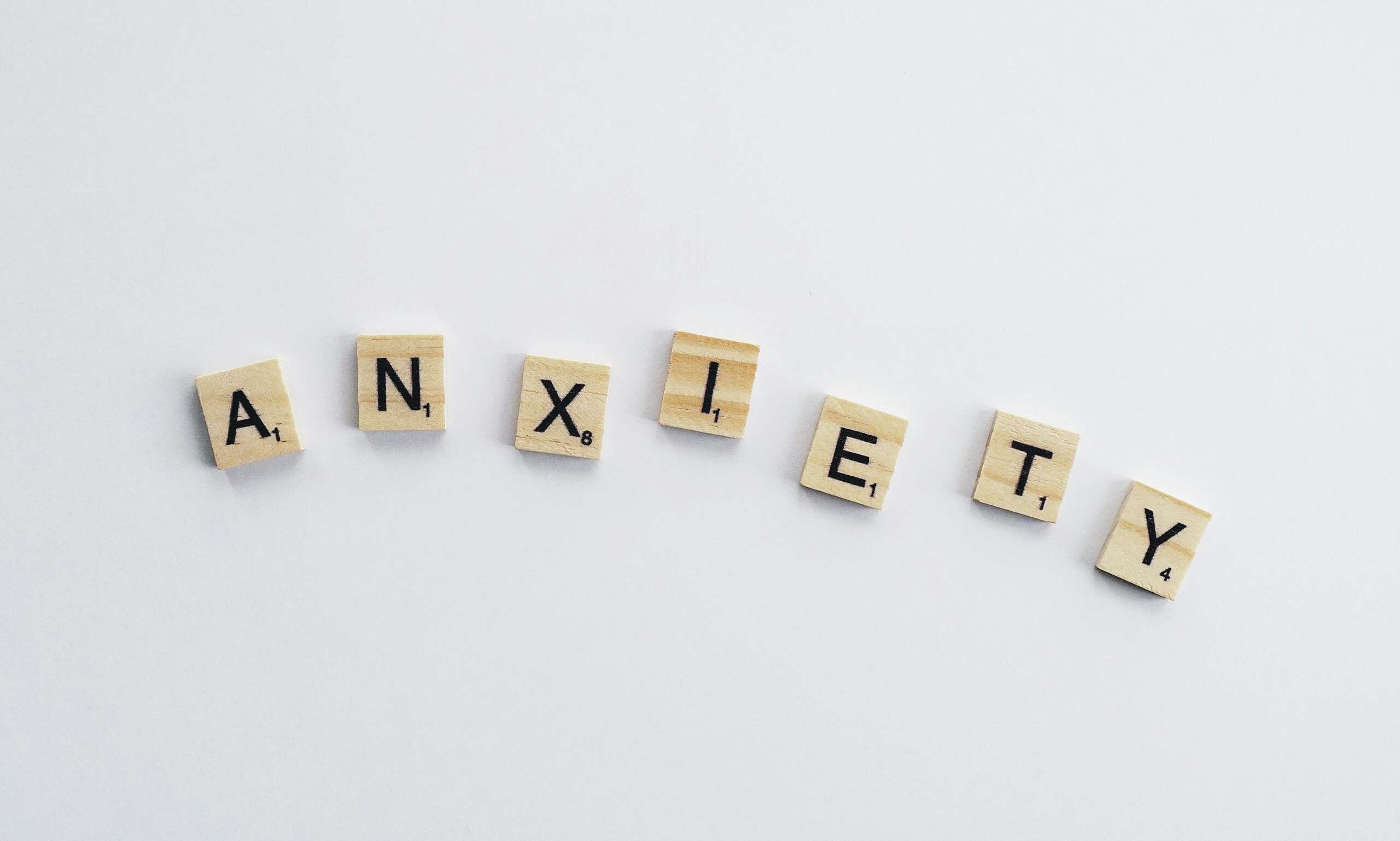Share This Article
Short term anxiety whether caused by exams, public speaking, or social pressure can significantly disrupt attention, memory, and the ability to absorb new information. Though temporary, its effects on learning are real and measurable.
When anxiety levels rise, the brain shifts focus to perceived threats, diverting mental resources away from tasks like problem solving and comprehension. This can make it harder for students and professionals alike to perform well, retain information, or stay motivated.
The good news? Evidence based strategies like mindfulness, breathing exercises, cognitive reframing, and environmental adjustments can help manage these moments and improve learning outcomes. Recognizing and addressing temporary anxiety is key to fostering healthier, more productive learning environments.



